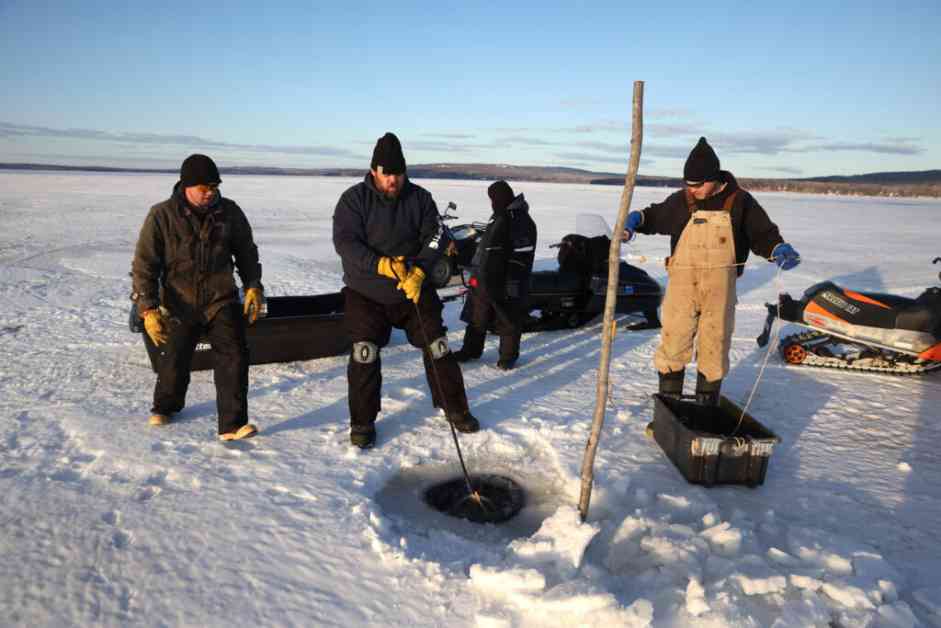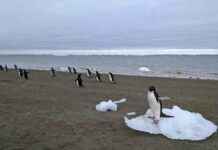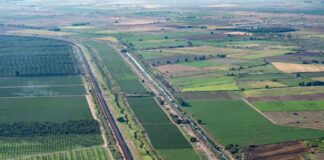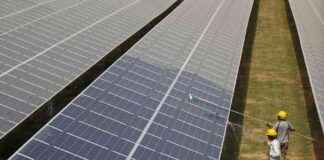Ice Fishing Enthusiasts in the Midwest Face Challenges Amid Climate Change
Andy Volicek, a dedicated ice fisherman from Washburn County, Wisconsin, has been eagerly anticipating his yearly fishing trips for over two decades. However, recent warm winters have disrupted his plans, forcing him to delay his outings due to unsafe ice conditions.
The Impact of Climate Change on Ice Fishing
Volicek reminisced about the past, noting that in the last 20 years, he could typically hit the ice for fishing right after Thanksgiving, following deer hunting season. Unfortunately, he observed that in recent years, the ice has taken longer to form, jeopardizing his beloved winter pastime.
The Warmest Winter on Record
Last winter marked the hottest on record in the contiguous United States, with the previous winter also ranking among the warmest in many states’ histories. This alarming trend has been particularly noticeable in Midwest states like Wisconsin and Minnesota, where communities heavily rely on winter tourism and recreation activities that demand cold, snowy conditions.
Shortened Ice Fishing Season
Historically, Wisconsin lakes would freeze over for an average of four months annually. However, data from the Wisconsin State Climatology Office indicates that climate change has trimmed over a month from this frozen period. This means that ice fishing enthusiasts like Volicek now have less than three months to engage in their beloved winter sport.
Expert Commentary on Climate Change
State climatologists like Steve Vavrus and Peter Boulay have emphasized the impact of climate change on winter conditions in Minnesota and Wisconsin. They highlighted the decrease in extremely cold days, warming trends, and the resulting challenges faced by ice anglers due to sluggish ice formation.
Risks of Falling Through Thin Ice
The recent warm winters have led to dangerous conditions for anglers venturing out onto frozen lakes and rivers, resulting in an increase in ice-related fatalities. Nicole Biagi, the ice safety coordinator for the Minnesota Department of Natural Resources, emphasized the importance of caution and safety measures when traversing frozen bodies of water.
Winter Safety Tips
To prevent accidents on thin ice, officials recommend carrying a cell phone, wearing a personal flotation device, measuring ice thickness, and avoiding traveling in unfamiliar areas or at night. Additionally, individuals are advised to wear special footwear and carry necessary tools like spikes and ropes for emergencies.
Future of Winter Recreation
As climate change continues to impact winter conditions, ice fishing and other winter activities in the Midwest could look drastically different in the future. Temperature fluctuations, thin ice conditions, and evolving weather patterns pose challenges for outdoor enthusiasts, emphasizing the need for heightened safety awareness.
Support Climate News
This story, like all news from Inside Climate News, is freely available thanks to reader donations. The nonprofit organization aims to provide comprehensive climate coverage and environmental journalism without subscription fees or ads. By supporting their work, readers can help fund vital reporting on the planet’s most pressing crisis.
Donations from readers like you fund every aspect of what Inside Climate News does, enabling them to hold polluters accountable, expose environmental injustices, debunk misinformation, scrutinize solutions, and inspire action. Your contribution can make a meaningful difference in supporting their mission.
Stay Informed
For more climate coverage and updates, visit Inside Climate News to stay informed about the latest developments in climate change, environmental issues, and sustainability efforts. Together, we can work towards a more sustainable future for our planet.














